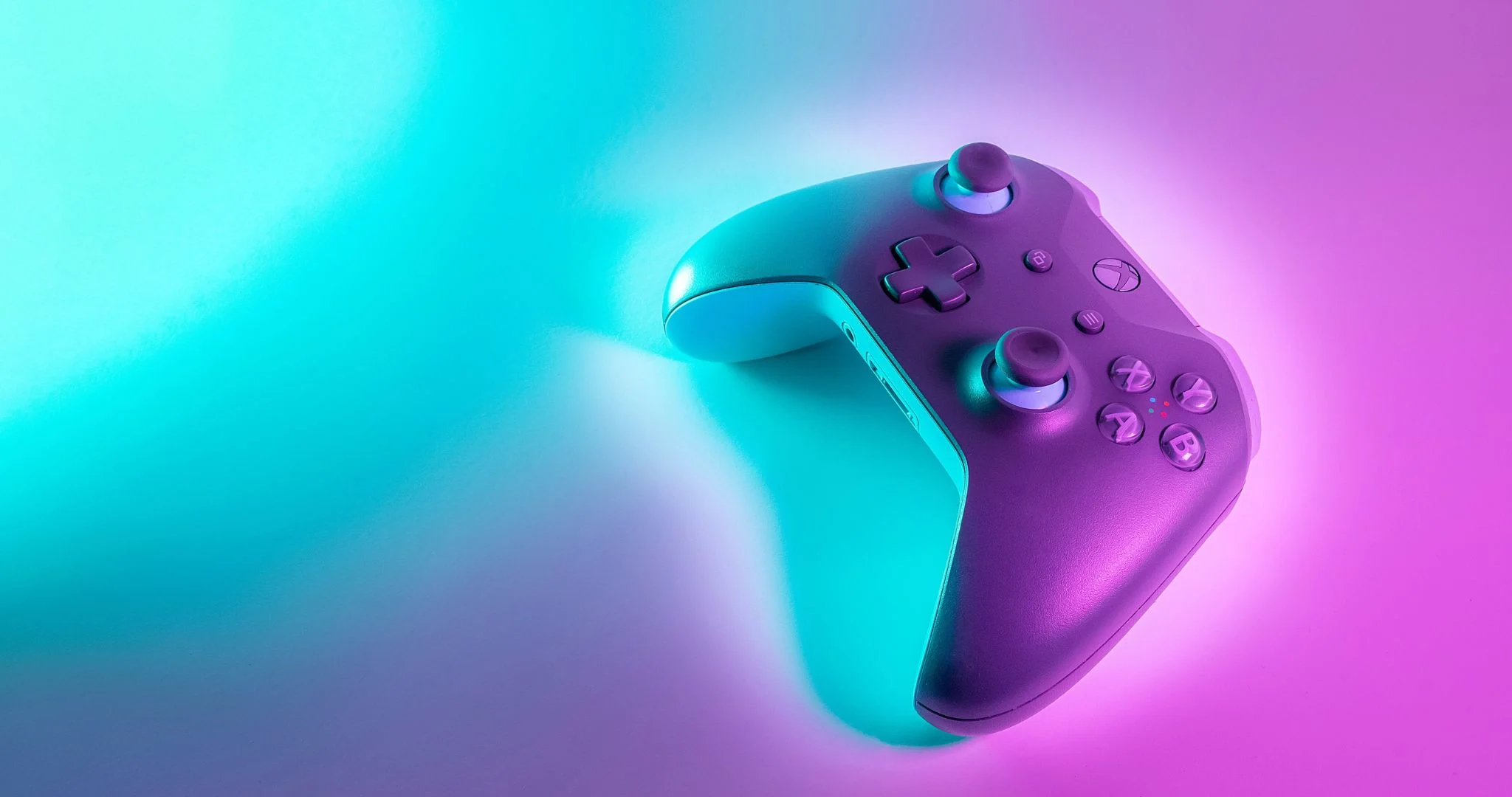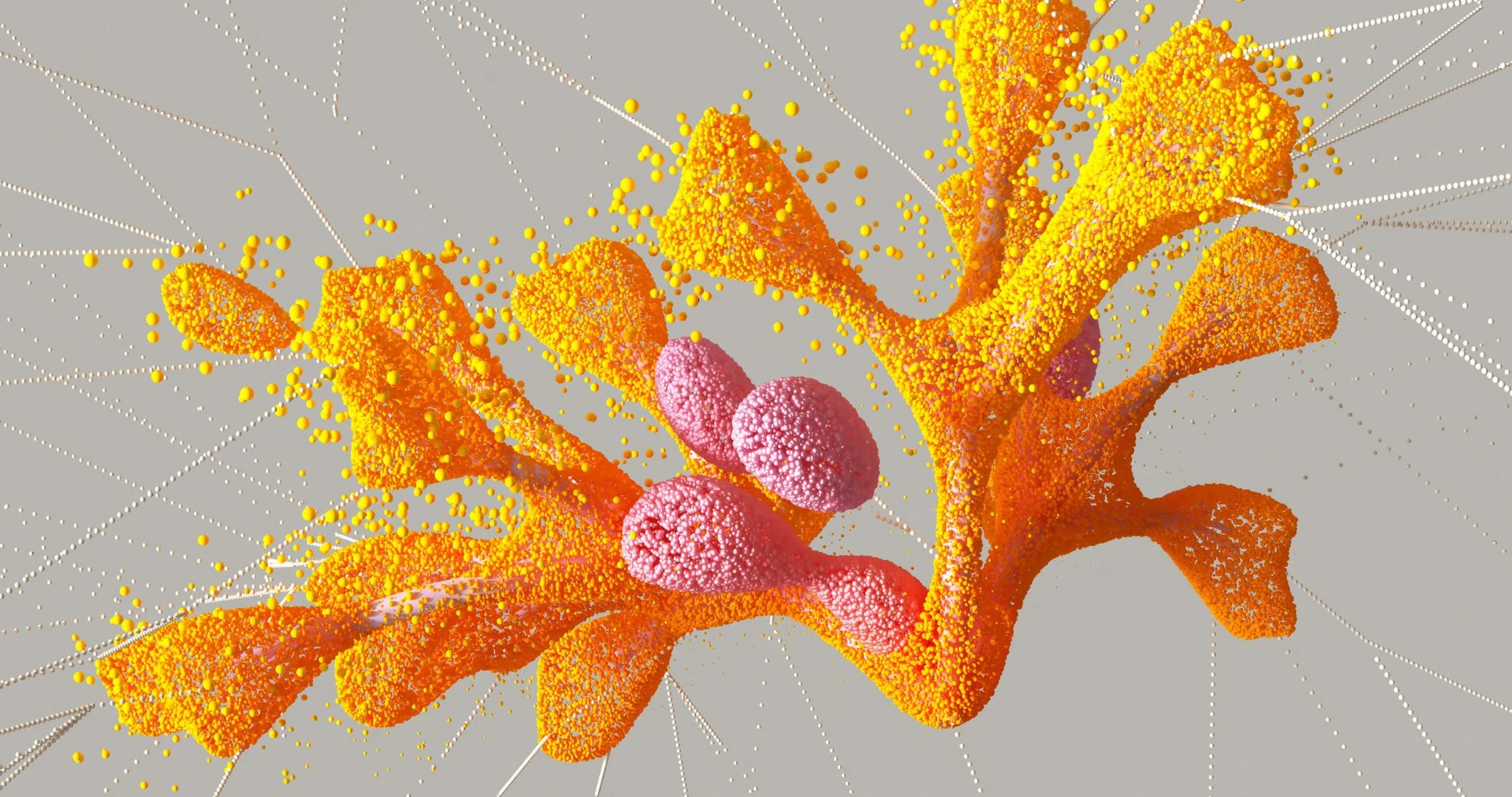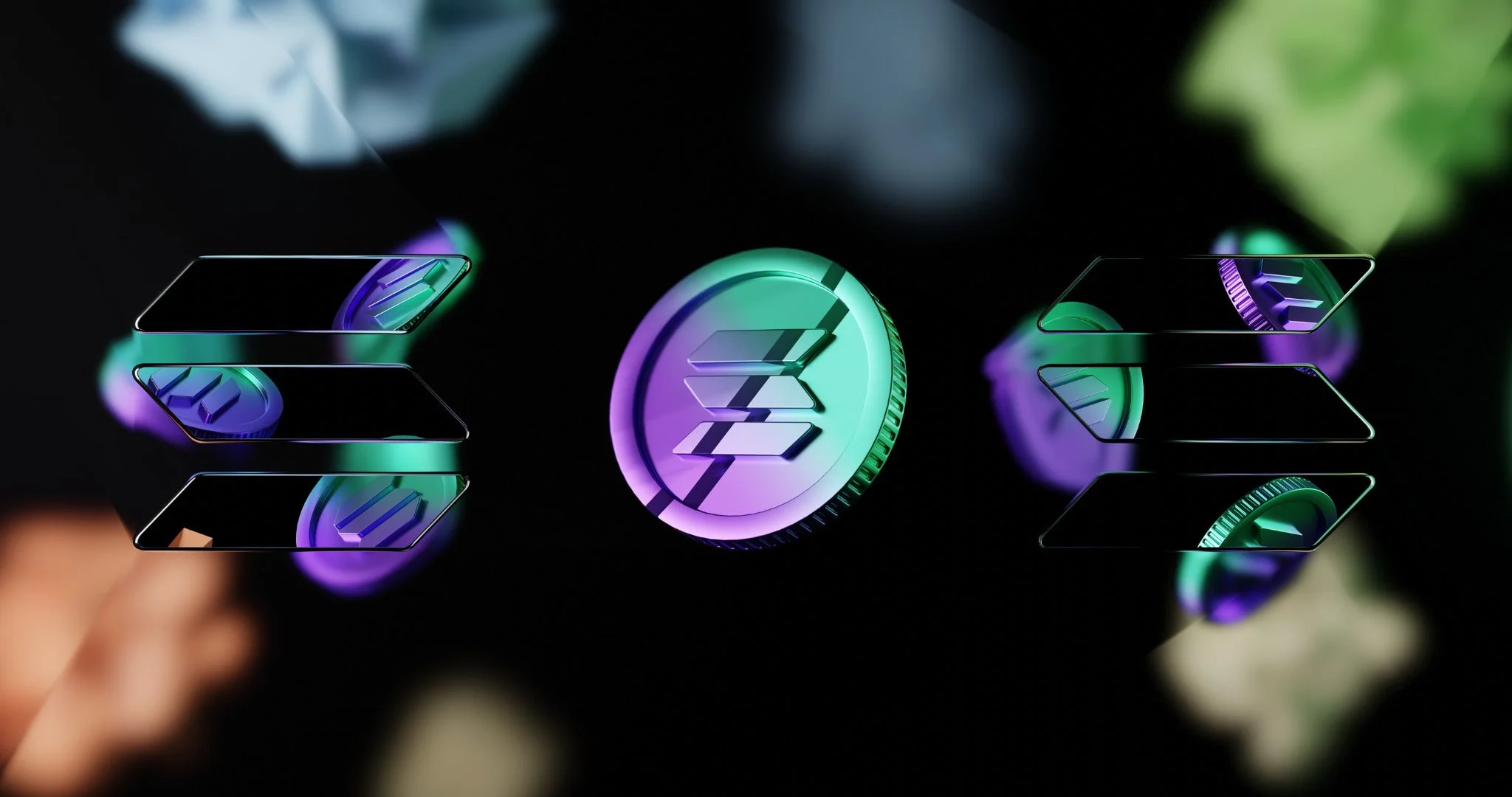Back to Blog
How NFTs Will Enable New Use Cases as AI Changes the Video Game Industry

Eric Esposito
Apr 20th, 2023
.4 min read

There's no denying it.
Generative AI is disrupting several industries, but gaming may be the most impacted by this technology. In fact, the venture capitalist firm Andreessen Horowitz (a16z) recently claimed generative AI will affect video games more than any other entertainment sector. Analysts at market.us also suggest the AI gaming market will grow from a current valuation of $922 million to $7.15 billion before 2035.
There’s little question AI will influence the video game market, but what does this mean for NFT gaming? How will AI-enabled NFTs change the future video game experience?
How is AI re-shaping video game development?
From text-based art production to streamlined coding instructions, AI makes it easier for developers to get their games to the market quickly. Recent reports from Mastercard suggest gaming projects that used to take years to finalize now take a few months with AI assistants. Microsoft’s Flight Simulator exemplifies AI’s power in video game development. Thanks to the technologies on Blackshark.ai, Microsoft was able to put together this ambitious open-world title within three years, much less than the standard time it takes to complete a title of comparable scale.
Researchers at a16z believe AI development tools will increase the total number of games produced each year, leading to a rise in “micro studios.” Now that more people have sophisticated coding tools at their fingertips, it will be easier for non-developers to create independent games for personal use or sale. While it’s still too early to predict the ultimate ramifications of AI in gaming, many analysts believe these tools will lead to a greater output of games and increased opportunities for gamers to interact with and personalize their experience.
Where do AI NFTs fit in the future of video games? A few emerging possibilities
NFTs in video games are nothing new. In fact, some of the most popular NFT projects (think “Axie Infinity” and CryptoKitties) are NFT-based games. However, the use of AI-enabled NFTs in games is a novel development in the crypto space. Although there’s a lot of conjecture over how AI NFTs will work in video games, a few use cases have begun to emerge in the industry.
Building intelligent NFT avatars
Recent surveys suggest most NFT collectors buy these tokens as avatars to express their Web3 identity. But what if AI technology made it possible for someone’s Web3 avatar to become someone’s online assistant?
With the introduction of “Intelligent NFTs” on sites like Alethea AI, gamers can see how AI-enabled NFT avatars might make their online experience more interactive and immersive. For example, on Alethea AI’s Noah’s Ark platform, people can build an iNFT to serve as a companion or another player in a battle of wits.

FIFA’s World Cup AI League also introduced AI functionalities to NFTs. But in this case, the NFT avatars are fantasy soccer players.

Since AI NFT avatars grow with prior experience and interact with both owners and other players, they may add a dynamic dimension to gaming platforms.
Moving without a controller: AI NFTs meet speech recognition
Another potential aspect of AI NFT intelligence is superior voice recognition. As AI bots better understand the spoken word, AI-enabled NFTs should respond to countless commands from Web3 gamers.
Recently, the NFT Gaming Company, Inc., announced it’s already working on this aspect of AI technology in its Polygon-based gaming platform “Gaxos.” Thanks to the recent acquisition of Voxpow, it’s possible for gamers in the Gaxos universe to speak to their NFT avatars.
Impressively, the NFT Gaming Company claims Voxpow’s voice recognition software detects hundreds of languages and can even tell how a gamer is feeling by their tone of voice. These speech-recognition solutions may change how future game creators think about controller design — if they use a handheld device at all!
AI NFTs and passive income streams
Instead of trading images and art on NFT markets, AI NFTs offer the potential to transfer intangible qualities like learned skills and intelligence across blockchains. For example, Altered State Machine’s (ASM) Brains NFTs hold a unique “Genome Matrix” gamers use in their avatars for unique skills on compatible platforms.

So, when people sell ASM Brains to new owners, they’re sending the AI-based abilities they’ve acquired over months or years of interaction, giving gamers more opportunities for potential income from their hobby. In this way, AI may enhance the already popular play-to-earn (P2E) movement in blockchain gaming.
Outside of in-game avatars: AI NFTs for evolving metaverse land
Although in-game avatars and items are potential areas where AI could mix with NFTs, let’s not forget about metaverse land. To this day, metaverse land ranks as one of the hottest growing segments in the NFT space, with some analysts projecting $5 billion in sales by 2026.
So, how does AI fit into the metaverse land market? Well, a few titles have begun introducing AI functions to virtual properties to help users quickly build and adjust their virtual real estate. For example, RFOX VALT is a gaming platform with AI-powered NFT Apartments which adapts to each user’s preferences and serves as a form of generative art.

AI technologies like text-based or spoken commands promise to make it easier for people to fashion their dream digital destinations.
AI gaming NFTs — Bringing ownership and intelligence into the metaverse
Let's face it: AI NFT video games are still a genuinely new phenomenon. So it’s beyond anyone to imagine every way these digital collectibles will fit into and transform the gaming ecosystem. However, dozens of gaming projects are already experimenting with using AI technologies and NFTs to offer unique use cases to players. From passive income to increased personalization, AI-enabled NFTs may bring fresh experiences into the growing blockchain gaming sector.
Related Posts

ChatGPT Is Reshaping the Economy. Here's What It Means for NFTs
AI text generators like ChatGPT are changing the world, including the world...

Virginia Valenzuela
Apr 10th, 2023

Top 10 AI Generated Art Tools: From Midjourney to ChatGPT, and More
A curated list of AI art tools to add to your creative process, from DALL-E...

Virginia Valenzuela
Apr 5th, 2023

Magic Eden NFT Marketplace: The 101 on Solana’s NFT Hotspot
Magic Eden is one of the fastest-growing NFT marketplaces on multiple block...

Eric Esposito
Apr 11th, 2023